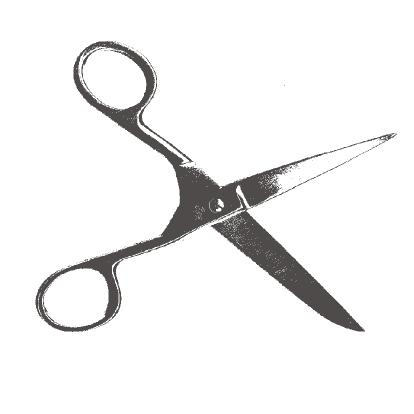The requirement to hire workers under employment contracts in public procurement
Following the July 2016 amendment to the Public Procurement Law, contracting authorities must indicate which activities during performance of a public contract fall within the definition of an employment relationship under Labour Code Art. 22 §1. They must also require contractors to hire persons performing those activities on the basis of an employment contract and verify that the contractors are in compliance with this obligation.

The President has signed the new Concessions Act into law
The Act on Concession Contracts for Construction Works or Services of 21 October 2016 was signed by the President of Poland and published on 29 November. The act entered into force on 14 December.

Can the form in which the bid bond is paid be modified during the course of a procurement procedure?
The Polish Public Procurement Law does not answer this question, but that is not an absolute bar to changing the form of a bid bond after the bids are opened.

First ruling on legal remedies by National Appeal Chamber since overhaul of Public Procurement Law
Poland’s National Appeal Chamber (KIO) issued an order on 5 September 2016 of great practical significance, applying new procurement rules on the permissibility of appeals by contractors interested in bidding for public contracts below the EU thresholds.

Relying on third-party capacity to make the shortlist
Based on a recent judgment of the Court of Justice of the European Union, the provisions of the Polish Public Procurement Law permitting reliance on third-party capacity to demonstrate fulfilment of selection criteria are consistent with EU law.

Closer and closer to a new Act on Concessions for Construction Works and Services
Work on Poland’s new Act on Concessions for Constructions Works and Services is near the end. The act is supposed to enter into force before the end of this year.

More appeals and greater judicial oversight over decisions by contracting authorities
The amendment of the Public Procurement Law which entered into force on 28 July 2016 opens up broader possibilities for protecting the interests of contractors in appellate proceedings before the National Appeal Chamber (KIO).

Amended Public Procurement Law published: Most new regulations enter into force on 28 July 2016!
The long-awaited amendment of Poland’s Public Procurement Law was published on 13 July 2016. Most of the new regulations enter into force after a 14-day grace period, i.e. on 28 July 2016. But the effectiveness of some of the changes is postponed because of the need to prepare for their entry into force. And certain issues will continue to be governed by the prior rules.

Public procurement in Poland: An incomplete revolution
Poland did not manage to implement the EU’s new procurement directives on schedule, but contracting authorities are required to conduct proceedings in full compliance with EU law.

New catalogue of grounds for excluding a contractor from procurement procedures
The proposed amendment to the Public Procurement Law would introduce grounds for excluding contractors not previously recognised under Polish law, but would also expressly depart from the existing restrictive approach to exclusion of contractors. The “self-cleaning” procedure and the optional nature of certain grounds are new solutions.

Conditions for lending resources must reflect the subject matter and purposes of the procurement
The proposed amendment of the Public Procurement Law, despite introducing certain changes in the rules for participation by third parties in performance of public contracts, does not resolve all doubts concerning the existing practice. For some of them, it would be helpful to consult the guidelines from a recent judgment of the Court of Justice.

Electronisation of public procurement
The development of information technology has changed the public procurement system. An amendment will finally be adopted requiring electronic communication between contracting authorities and potential contractors.
